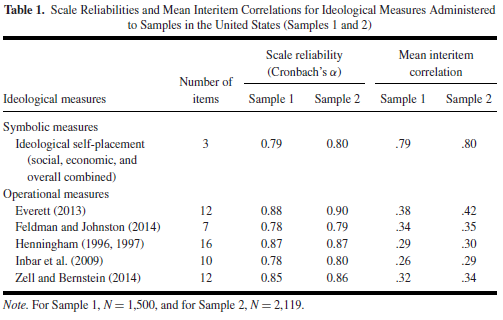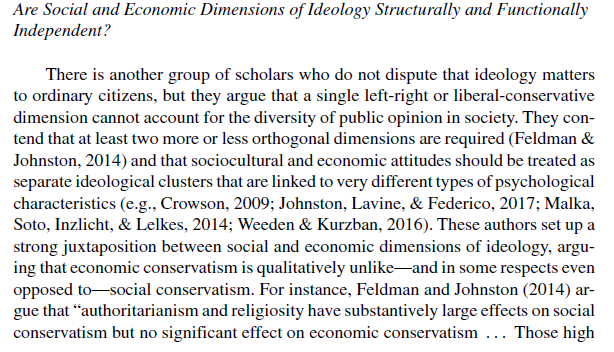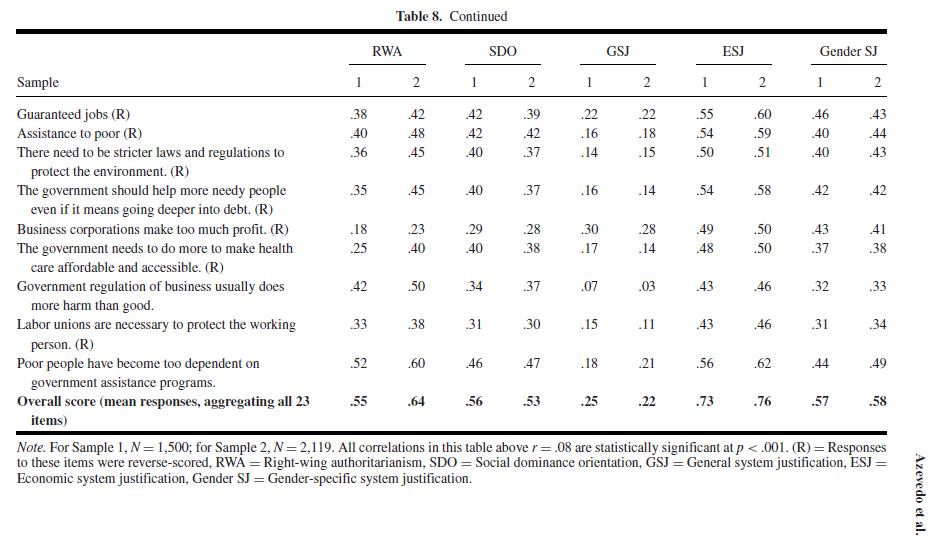Colleagues and I tackle admittedly contentious debates in ideology scholarship: ideological innocence, nexus between ideology’s most commonly theorized sub-structures (social & economic), and ideological asymmetries of PolPsy (via NeoLib).
Highlights below:
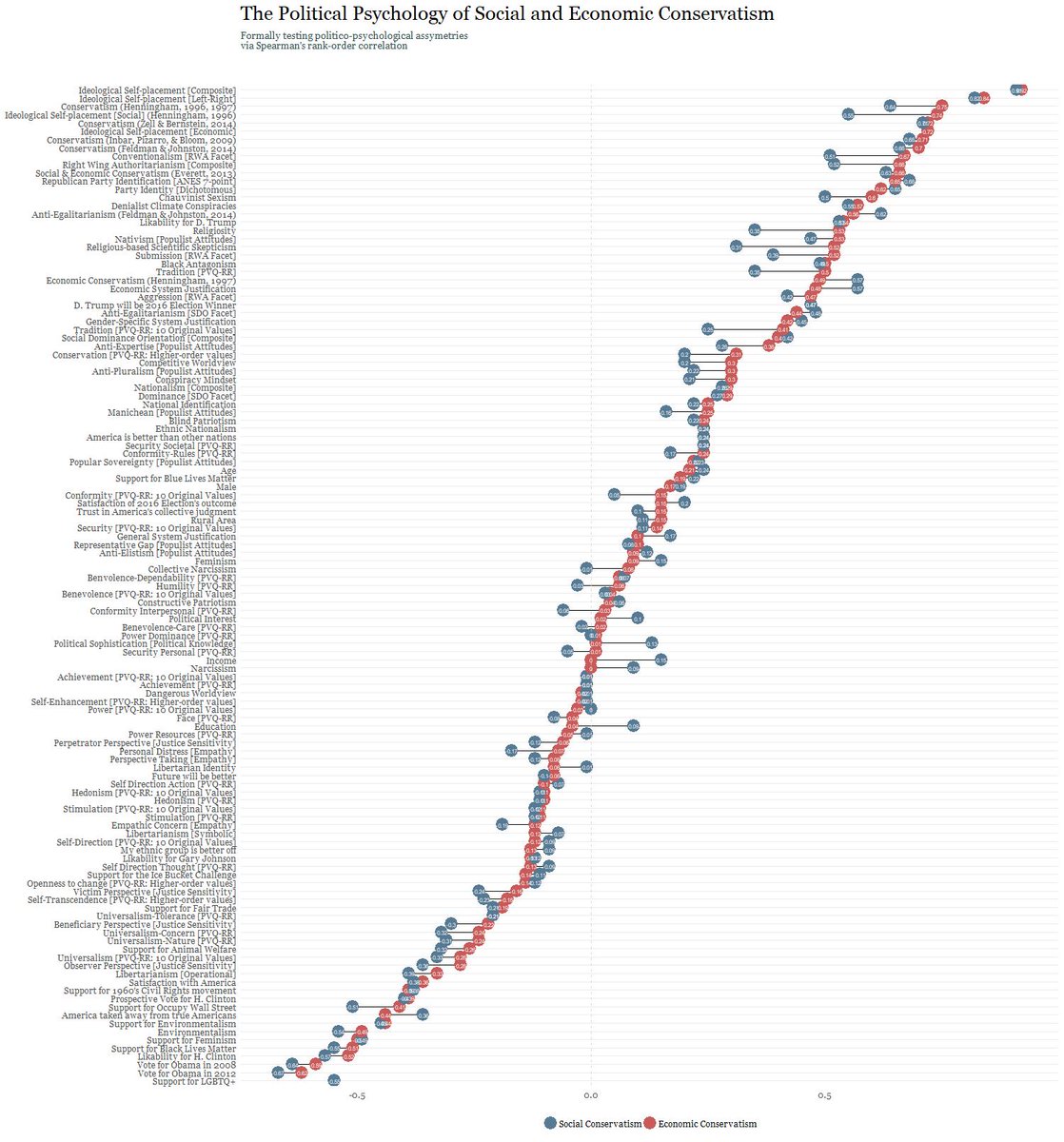
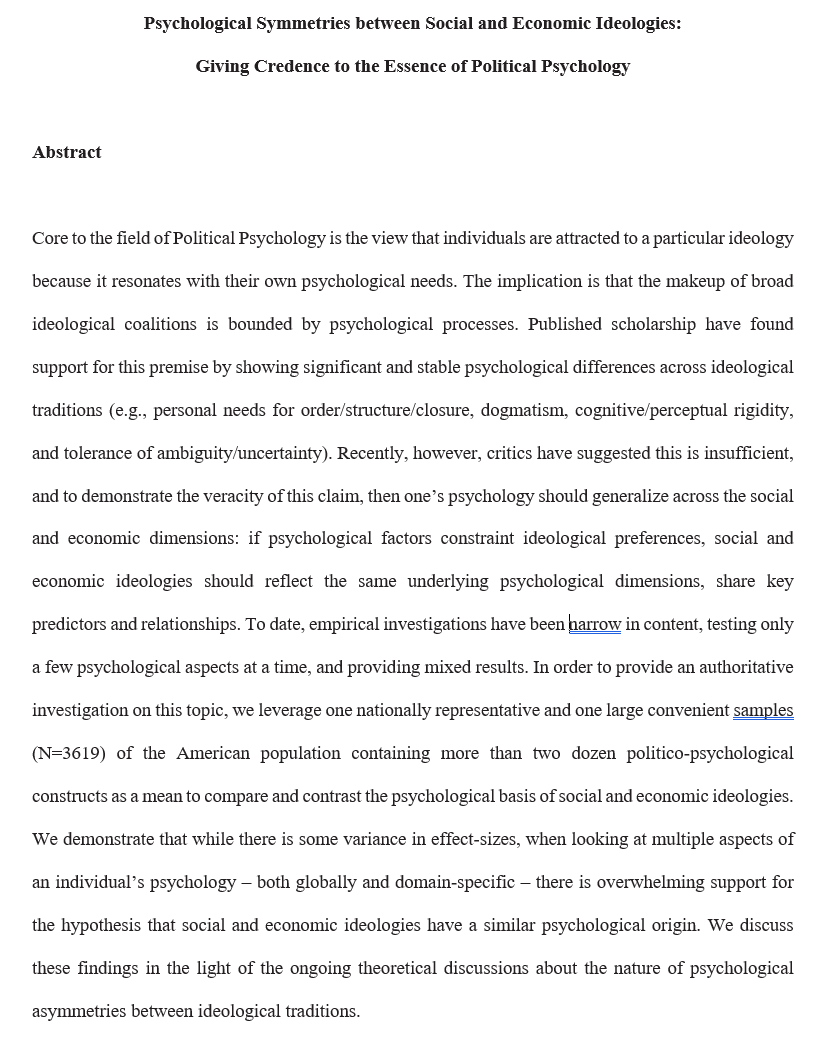
This work joins together beautifully a few projects @JohnJost1 and I pursued at @nyuniversity ensuing from a @FulbrightPrgrm scholarship. Thank you John for being such a gracious and welcoming host!
@KirstiJylhae you will have a blast!



